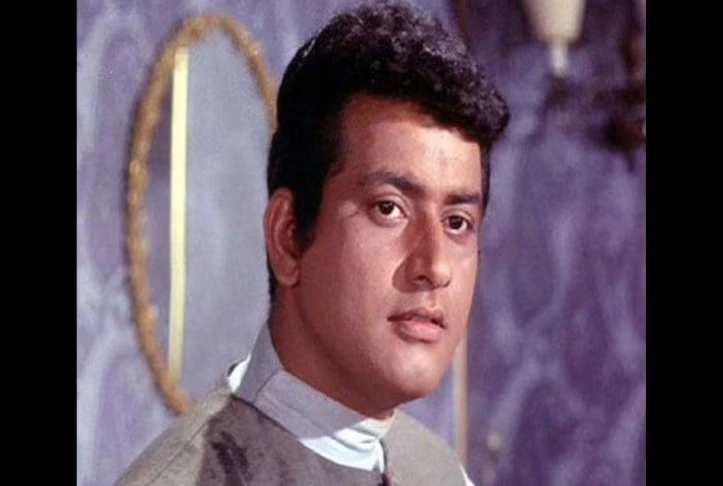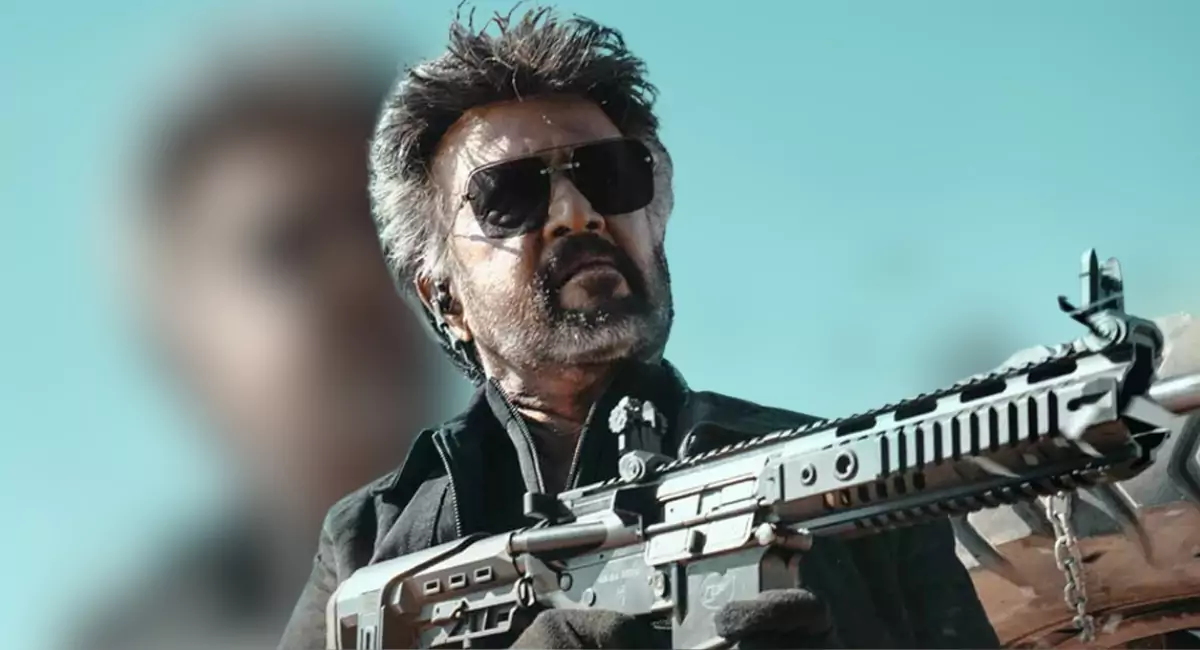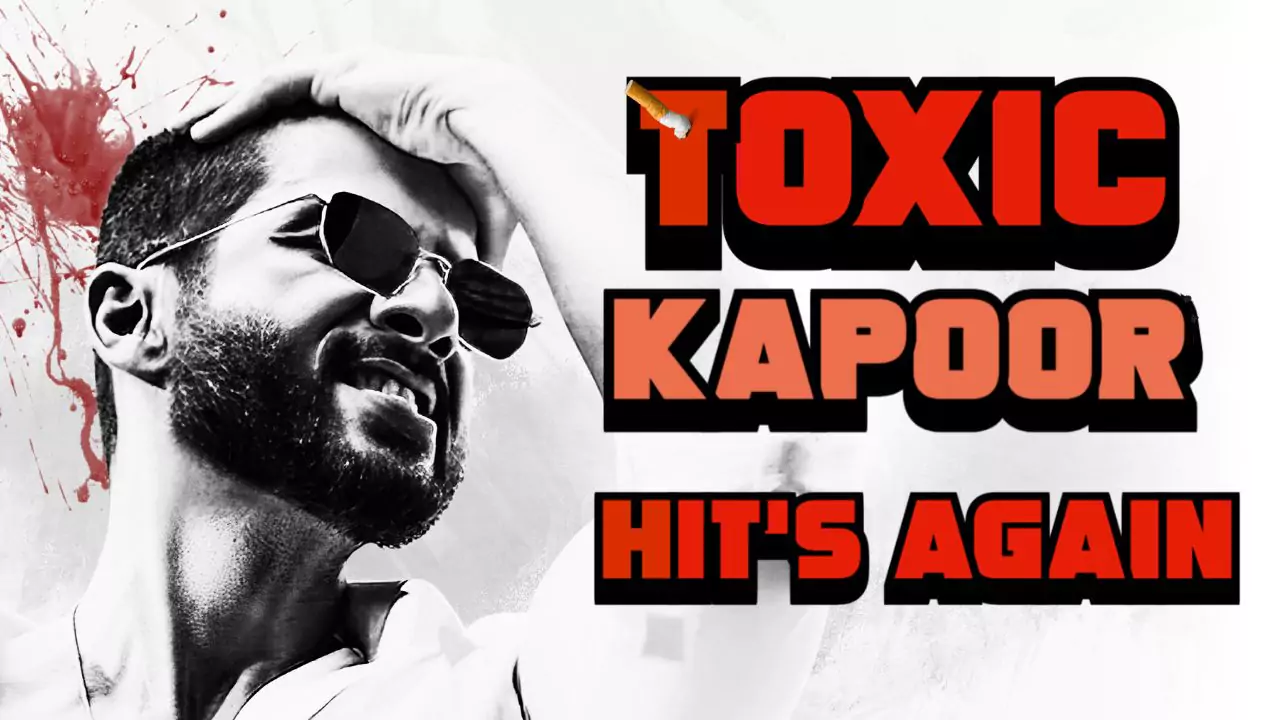In a chilling tale of murder and prejudice, “Maargan” takes viewers on a haunting journey through the dark streets of Mumbai where a killer turns victims’ skin black before they die. Vijay Antony plays ADGP Dhruv Guvarak, a cop with his own painful past who must catch this mysterious “Black Devil” before more young women fall prey.
The film tackles colorism in Indian society through its twisted serial killer plot, making it both a gripping whodunit and a commentary on how skin tone biases can create monsters.

When Ramya is found dead with her skin turned completely black, Dhruv is called in due to similarities with his daughter’s murder case years ago. The investigation points to Aravind (Ajay Dhishan), a swimming champion with an eidetic memory that allows him to recall details with superhuman precision, but as with any good thriller, things aren’t what they seem.
The film’s biggest strength lies in its unexpected third-act reveal about the killer’s identity and motivations, which turns the entire investigation on its head. First-time director Leo John Paul shows promise by crafting tension through moody cinematography and a haunting score that keeps viewers on edge throughout the 132-minute runtime.
Vijay Antony delivers a restrained performance as the troubled cop, conveying grief and determination through subtle expressions rather than dramatic outbursts. The supporting cast, especially newcomer Ajay Dhishan (Antony’s real-life nephew), brings depth to characters that could have easily been one-dimensional in a lesser film.

The underwater sequences where Aravind uses his swimming abilities and memory recall stand out visually and narratively as some of the film’s most compelling moments. These scenes are enhanced by Yuva S’s atmospheric cinematography that uses darkness and murky blues to create a sense of both literal and metaphorical drowning.
Released in theaters on June 27, 2025, Maargan earned ₹14.39 crores at the box office and garnered mixed-to-positive reviews from critics. The film’s storyline about a serial killer targeting women because of beauty standards tied to skin color struck a chord with many viewers who praised its social relevance.
While the murder mystery elements follow familiar genre conventions, the film’s exploration of colorism gives it a unique edge among recent Indian thrillers. The “Black Devil” substance becomes a powerful metaphor for how society’s obsession with fair skin can poison minds and relationships.

The script occasionally stumbles with pacing issues, particularly in the first half where the setup feels somewhat drawn out. However, patience is rewarded when the second half kicks into high gear with revelations and confrontations that pay off the earlier groundwork.
For those interested in Indian cinema tackling social issues through genre storytelling, Maargan offers a compelling example of how commercial films can address sensitive topics. The film joins recent releases like Jigarthanda DoubleX and Kottukkaali in using thriller elements to explore deeper societal problems.
The climax avoids easy answers, leaving viewers to contemplate the cycle of prejudice that creates both victims and perpetrators. This moral complexity elevates Maargan above standard police procedurals, though some critics felt the social messaging becomes heavy-handed in the final act.

The film’s music, also composed by Vijay Antony, enhances key moments without overwhelming the narrative. The haunting melody of “Ulagaye Muzhuvathum Verukkiren” (I Hate the Entire World) perfectly captures the antagonist’s mindset.
Leo John Paul’s background in editing serves him well, as the film maintains tension even through its slower moments. The non-linear storytelling technique, jumping between past and present, keeps viewers engaged in piecing together the mystery alongside the characters.

Now streaming on Amazon Prime Video since July 25, 2025, Maargan is available in five languages, Tamil, Telugu, Malayalam, Kannada, and Hindi. International viewers can watch it on Tentkotta, a platform specializing in Tamil content.
The film’s ending leaves room for interpretation about whether society learns anything from the tragedy that unfolds. This ambiguity feels intentional, asking viewers to examine their own biases rather than providing comfortable closure.
As both entertainment and social commentary, Maargan represents an interesting evolution in Tamil cinema’s approach to difficult subjects. With solid performances and a willingness to tackle uncomfortable truths, this murder mystery does more than just thrill, it makes you think.












